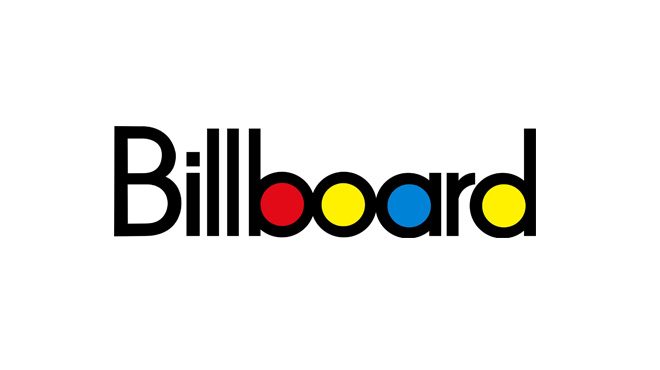

Billboard will enforce a new set of rules on January 3, 2020, which will affect the way merchandise bundles are reflected on their album sales charts. According to these new rules, all the items in the merchandise bundles must be available for purchase concurrently and individually on the same website to count as album sales.
In addition, the merchandise items sold on their own will have to be priced lower than the bundle which includes both the merchandise and the album. Furthermore, merchandise bundles can only be sold on an artist’s official direct-to-consumer web store and not via third-party sites.
This new rule will effect all albums from the January 3 release onward, even if the bundle releases were dropped prior to that date. All currently released merchandise bundles must also adhere to the new rules by the time they go into effect next year.
“The changes come as bundles have been at the center of a public debate around the Billboard albums charts, with many arguing these bundled album sales do not reflect customers’ true interest in purchasing the album, but, rather, the merchandise it’s packaged with,” Billboard explains. “The new rules look to address that concern, by offering customers the option to purchase the merchandise with or without the album.”
Under current rules, any type of merchandise can be bundled with an artist’s album, as long as the bundle is priced at least $3.49 more than the merchandise item alone. The $3.49 price mark is the minimum price an album must be set to to qualify for the charts. These rules do not apply to ticket/album bundles however.
Some artists, such as DJ Khaled, attracted controversy this year after bundling their latest album release with energy drinks, with Billboard eventually dismissing those bundle sales stating that these bundles served as “explicit attempts at encouraging mass purchases.” Billboard President Deanna Brown explained: “In this particular instance, we saw an organization encouraging purchases among their members by promising them material and organizational benefits.”
